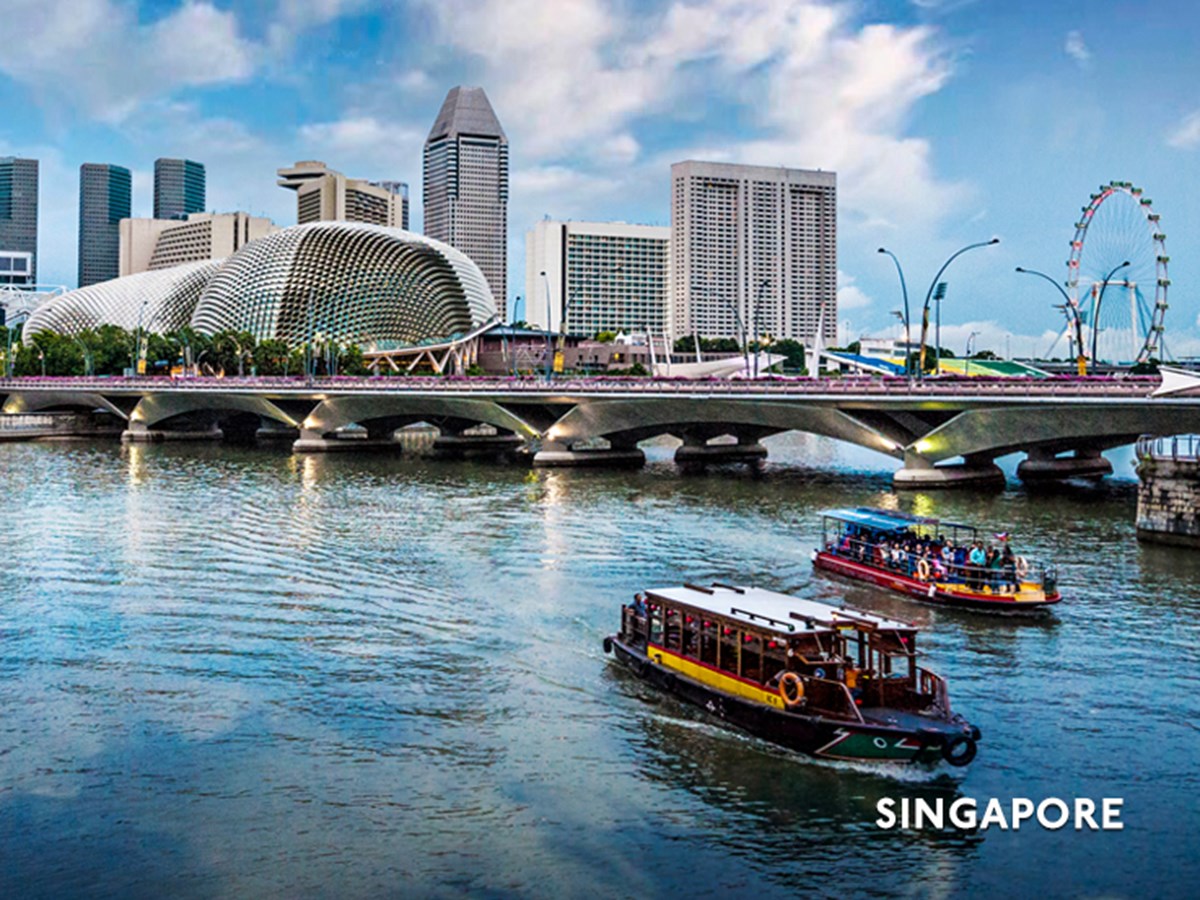
Knowledge Highlights 13 June 2024

On 8 May 2024, the Transport Sector (Critical Firms) Bill (“Bill”) was passed in Parliament. The Bill seeks to strengthen the resilience of key firms in the air, sea and land transport sectors in Singapore, and safeguard their provision of essential transport services. The Bill was introduced in Parliament on 3 April 2024. Please read our article “Transport Sector (Critical Firms) Bill introduced to provide for new designated entities regime targeting key firms in air, sea and land transport sectors in Singapore” which covered the introduction of the Bill in Parliament.
When in force, the Bill will amend four Acts:
After the amendments, these Acts will continue to be administered by the relevant Authorities of these Acts, namely the Civil Aviation Authority of Singapore (“CAAS”), the Land Transport Authority of Singapore (LTA) and the Maritime and Port Authority of Singapore (MPA). These Authorities will also be responsible for designating relevant entities under the new designated entities regime found in the Bill.
Set out below are the key features of the Bill as highlighted by Minister for Transport and Second Minister for Finance, Chee Hong Tat in his opening speech at the second reading of the Bill.
Who will be designated?
The Bill is intended to regulate entities within the transport sector that are involved in the provision of essential transport services in the air, sea or land transport sectors, and are strategically important within the sector (e.g. if the services they provide are not readily replaceable, due to significant market share or specialised expertise).
The Bill sets out the definitions for “essential transport services” under each sector by listing out the key services necessary for Singapore’s air, sea and land transport networks:
Under the Bill, entities can be designated as follows:
(collectively, “designated entities”).
The designation process will be initiated after the Bill is passed and the law is brought into force. Relevant entities will be designated by the end of this year. The notifications of designations will specify the date on which designation of a company takes place and will be published in the Gazette at least 14 days before the date that designation takes effect.
Ownership controls
The Bill will allow relevant Authorities to have oversight of significant changes in effective control of designated entities through the following requirements:
In addition, the relevant Authority’s approval must be sought for:
Designated entities must notify the relevant Authority within seven days after becoming aware of any of the ownership changes.
Management appointment controls
The Bill will require:
Operations and resourcing controls
Notification requirements
The Bill will require designated entities to notify the relevant Authority of material developments or events, e.g. if a designated operating entity outsources a material function in providing essential transport services in Singapore, or if they face material events or legal proceedings that may impair or impede the provision of essential transport services in Singapore. This list of events will be circumscribed. To help companies comply with these requirements, the relevant Authorities will issue a set of advisory guidelines, after the Bill is approved by Parliament and comes into effect, to provide practical guidance for these notification requirements.
Special administration order
To safeguard service continuity in extreme scenarios and unlikely events (e.g. where a designated operating entity or licensee becomes unable to provide essential transport services safely and reliably), the Bill inserts provisions extending the relevant Authority’s current step-in powers via a special administration order to cover designated operating entities and licensees across the air, sea and land transport sectors.
Business continuity planning requirements
For designated operating entities in the air transport sector, the Bill introduces the power for CAAS to impose requirements for business continuity planning. The requirements will not apply to designated equity interest holders. The Bill does not cover these requirements for designated operating entities in the land and sea transport sectors, as they can be subjected to similar requirements via licence conditions.
Remedial directions, penalties and appeals
Remedial directions
The Bill will allow the relevant Authority to issue remedial directions for breaches of controls relating to ownership and management appointments, among other things. These remedial directions could include directing the disposal of equity interest and removal of key appointment holders if prior approval was not sought or if conditions of approval were breached.
Penalties
The Bill will employ the following to enforce the regime:
Appeal to Minister for Transport
Parties may appeal to the Minister for Transport regarding decisions by the relevant Authorities, including the designation of an entity, refusal to grant approvals required for controls over ownership or management appointments, and the issuance of remedial directions.
Reference materials
The following materials are available on the Parliament website www.parliament.gov.sg and Ministry of Transport website www.mot.gov.sg: